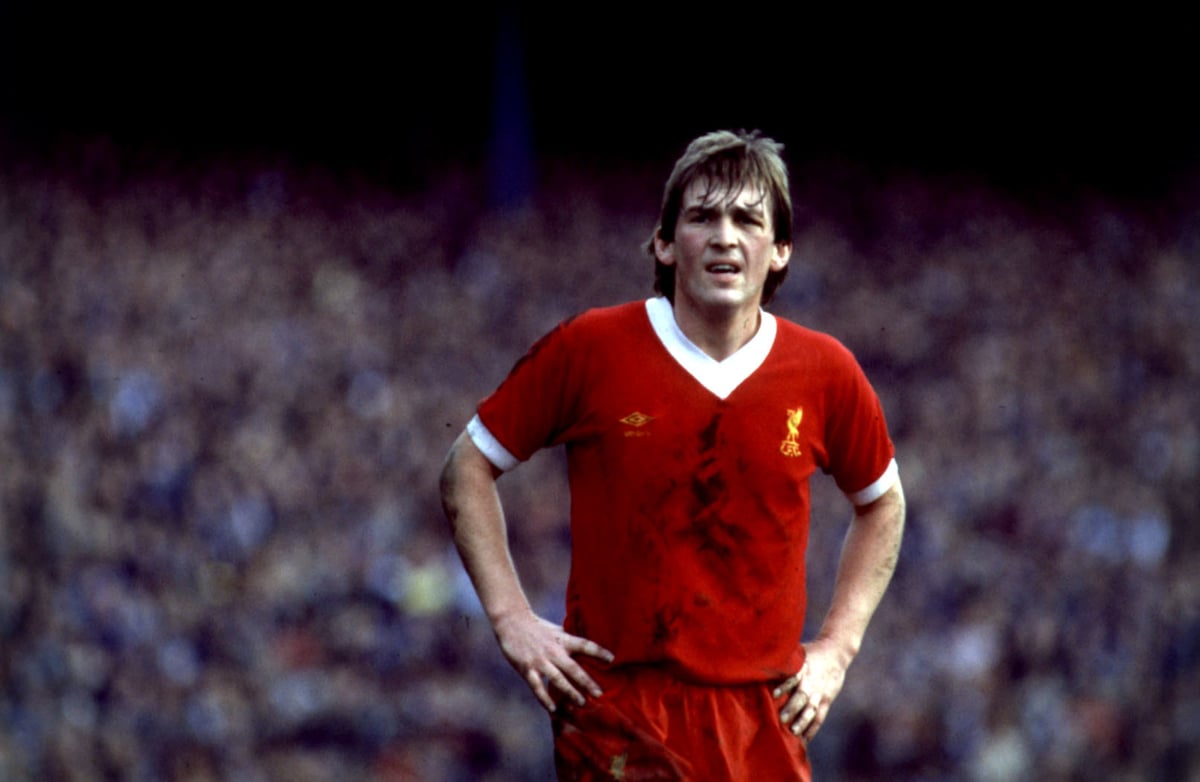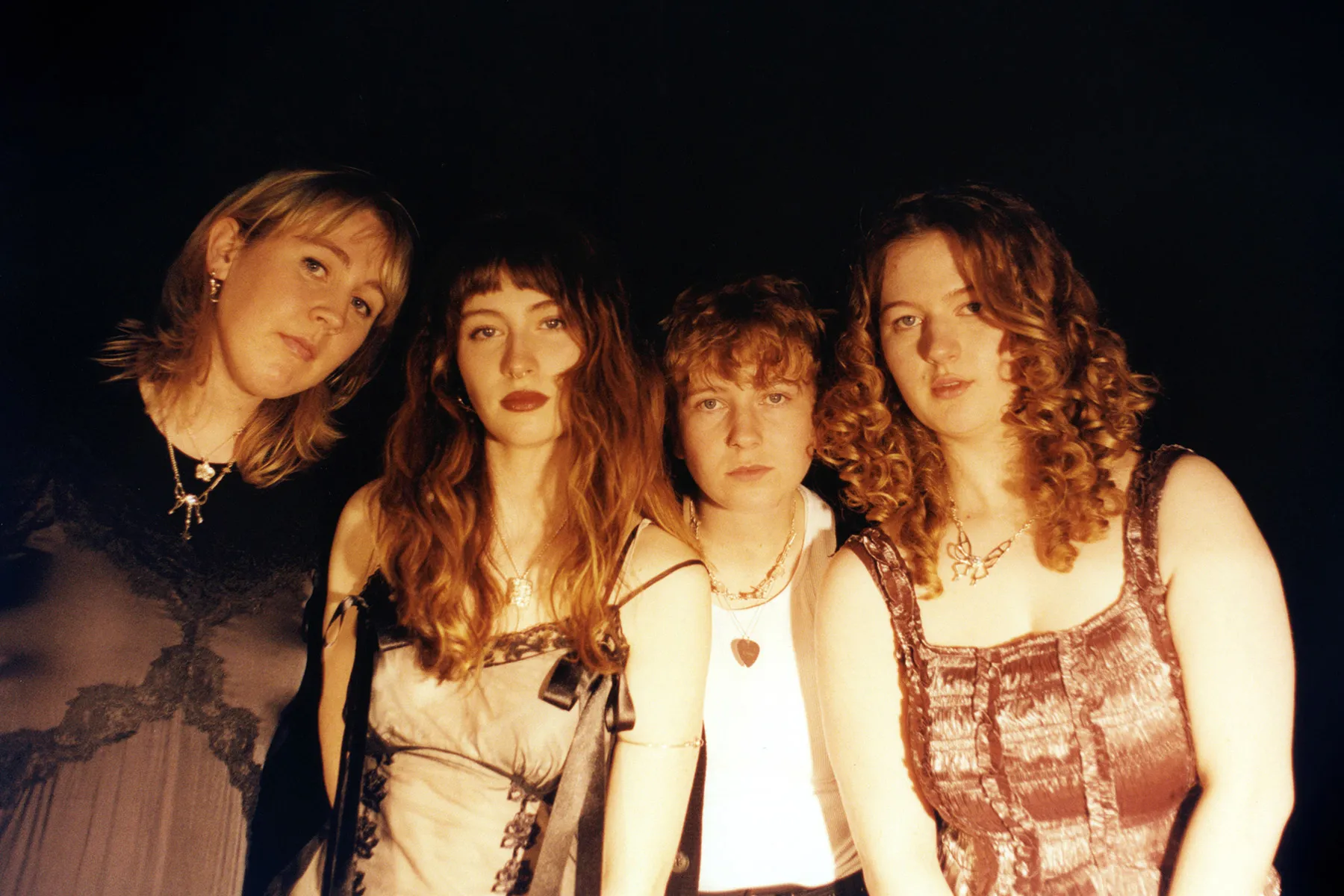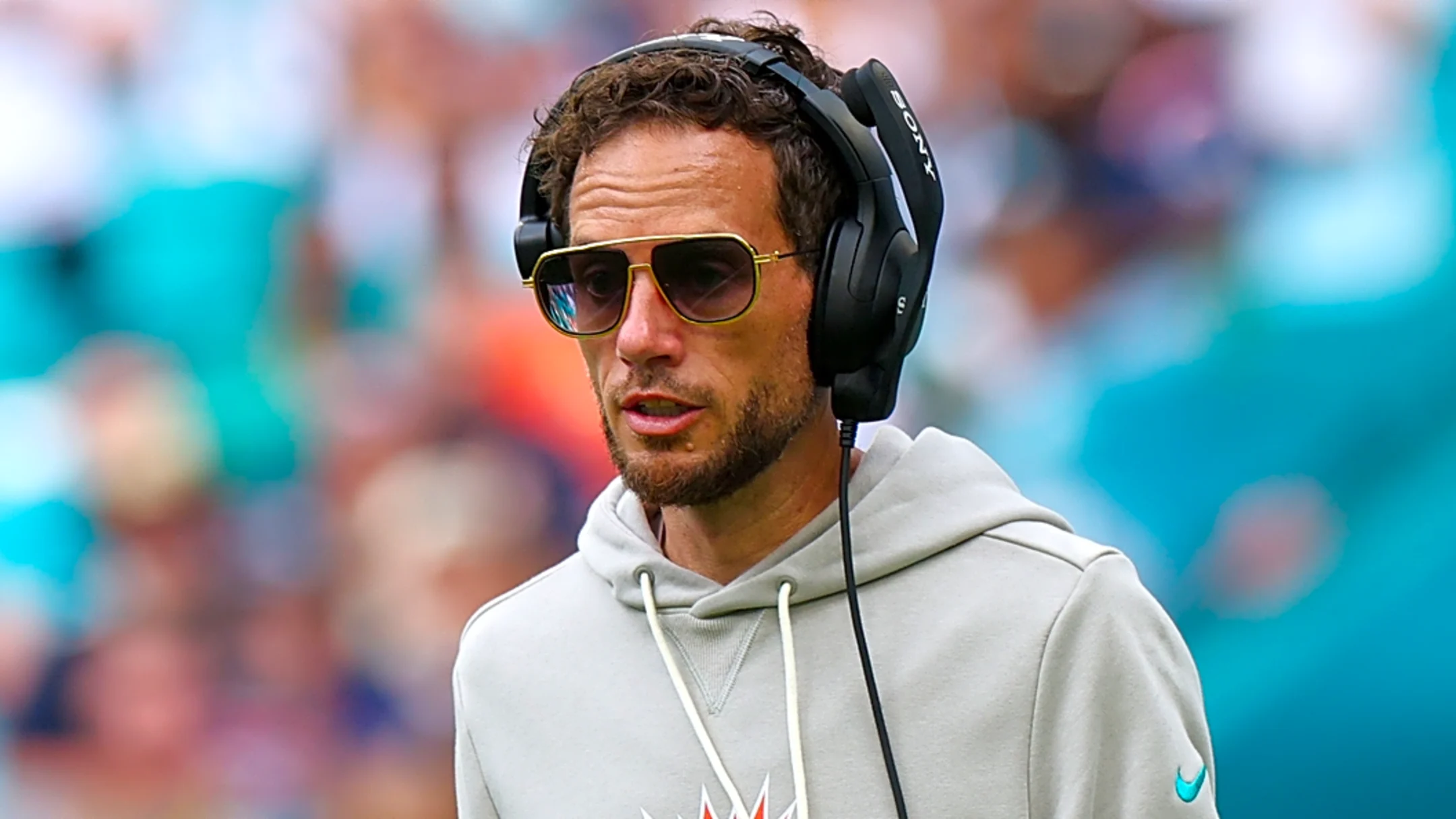Copyright scotsman

Nobody does it better, makes me feel sad for the rest. A montage, probably courtesy of a BBC who tend to specialise in such content, featuring the best bits of Kenny Dalglish and overlaid with the Carly Simon song from the James Bond film, The Spy Who Loved Me. Despite being such a long time ago, I can still see – and hear – this tribute to Dalglish even if the occasion – his retirement? His 100th Scotland cap? – now escapes me. And what an unenviable task for whoever was charged with compiling this tribute. Pulling together the “best bits” of perhaps the finest footballer to hail from these shores in the last half century. Or to put it more accurately, what an impossible task. As proved by Asif Kapadia’s latest film. Dalglish is the latest subject chosen to be profiled by the British director, who has also chronicled such diverse talents as Ayrton Senna, Diego Maradona and Amy Winehouse to great acclaim. It’s another brilliant piece of work even if, like me, the viewer might well spend some of the time thinking, ‘what about this goal, what about that goal?’ For example, it’s wonderful to see the strike against Belgium in a 1982 European Championship qualifier that some contend is the player’s finest of the 30 goals he scored for his country, a record he shares with Denis Law. However, why not include the one v Spain from 1984 that Dalglish himself rates as his favourite, as much because he clocked his father sitting in the front row of the main stand as he wheeled away to celebrate. (I know it’s his favourite because he told me so last week, more of which later.) One feels for Kapadia in view of the enormity of the assignment and given the very personal context. He has described Dalglish as his first hero. Without even checking, I am guessing the filmmaker is in his early 50s, because ‘first hero’ is the status Dalglish holds for so many people of this vintage, including this writer. It helps if you’re Scottish but that’s not an essential credential, as proved by Kapadia who is a Liverpool fan from London. I grew up roughly as far from Merseyside in the other direction and was also put under a spell by Dalglish, whose earlier work with Celtic was a mystery to me until much later. Like Kapadia, I had the player’s pictures on my wall. One in particular, from Scoop magazine, sticks in my mind. “Whatever the colour of his jersey, for club and country, Kenny’s the king,” ran the words along the top with images of Dalglish playing in the dark blue of Scotland and red of Liverpool and another of him sporting the white Liverpool change strip of the time. All well and good, of course. But what about seeing Kenny in the flesh? This was the dream. That red letter day came on 17 April 1982, my first ever professional football match, with belated thanks due to British Rail (RIP) for the opportunity. The old rail transport company introduced a deal that was summed up as ‘travel with your granny for a quid’. Good value indeed when travelling from Dundee to Liverpool. A granny was recruited from Broughty Ferry to act as a nine-year-old’s chaperone for the trip, which was sold to said grandmother as an opportunity to see her sister in Runcorn. As for me, it was all about Liverpool v West Bromwich Albion in the old First Division. It's interesting to read more about the game now. For a small boy from Scotland, so much of it had been about seeing Dalglish as opposed to anything else. I now know that manager Bob Paisley missed the match because of an attack of pleurisy. Mercifully, Dalglish wasn’t incapacitated in any way and scored the winner, the first goal of thousands I have now witnessed with my own eyes, after 71 minutes. In my mind – I have never seen it again anywhere, and it's not included in Kapadia’s film – I recall it coming at the Kop end and was hit from just inside the box in typically stylish Dalglish fashion after turning on a sixpence. It's warming now to know that my fellow Dundonian sportswriter and later great friend Patrick Barclay was sitting not far from me in the press seats recording events for The Guardian. Paddy, who died earlier this year, described Dalglish as managing to “answer the crowd’s mounting frustration” with a goal of sublime quality. According to dear Paddy, Dalglish threw “[Martyn] Bennett off balance in the penalty area [before] completing a manoeuvre of delightful subtlety by sending a low shot across [Mark] Grew and into the far corner”. It was indeed at the Kop end and proved the only goal of the game in a 1-0 win for Liverpool, their ninth in succession in the league, as they went on to wrench the title back from Aston Villa. --------------- Almost 44 years later, I hear myself relaying all this to Dalglish himself. I may even have mentioned the involvement of my beloved Granny, slightly embarrassingly. A chance to speak to the great man has arisen and although on holiday at the time, you can’t pass such an opportunity up. The hook is of course the new film, which becomes available to watch on Prime Video from Tuesday after a short run in UK cinemas. It almost goes without saying it’s wholeheartedly recommended – except for the absence of certain goals. Kapadia would rightly respond that, with Dalglish having scored more than 150 times on both sides of the Border, he can hardly include them all. As for that winner v West Brom, can the man himself remember it? He scored eight times against them, four of them at Anfield. After some confusion where he gets it mixed up with a goal he scored in 1979, when West Brom and Liverpool were both challenging for the title, he says he recalls the one that meant the world to me. It’s the only goal I saw him score live. Although two Scots were on the scoresheet on my next visit, they didn’t include Dalglish. Gary Gillespie and John Wark were the players in question in a 3-1 win over Newcastle United in April 1985, just a few weeks before what represented the end of football innocence for many youngsters like me at the time: Heysel. The film – which is titled simply Kenny Dalglish – covers this of course, as it does Hillsborough, when Dalglish went above and beyond, including attending countless funerals. “That’s the way we were brought up in Glasgow, to help people,” he says in the film. Another voice, this one belonging to Liverpudlian writer Cathy Long, describes Dalglish as “setting the way of behaving for future players, and managers, to follow”. It's difficult to go too deeply into this in a Zoom call but the film speaks for itself and underlines Dalglish’s importance to the community. No wonder that one of his autobiographies is called My Liverpool Home. His Glasgow home is important too. He had already demonstrated his high moral standards by re-thinking his intention to leave Celtic after hearing about Jock Stein’s car crash in 1965. “I know it’s strange when you say how much the club means to you but you’ve still left [eventually],” he reflects. “But life is not a rehearsal. I would not have been anywhere near where I am now if it had not been for Jock Stein and everyone at Celtic Football Club. Sometimes you have to have a wee think to yourself. That’s what I did.” He describes looking at himself in the mirror and saying: 'You can't let Jock Stein down'. He didn’t. Where might he have gone had Stein not been involved in such a dreadful accident? The best side at the time were Derby County, the English league champions. My Derby Home? Doesn’t have the same ring. Leeds United, who reached the European Cup final at the end of that same season? My Leeds Home is better but still doesn’t sound as good. Typically, Dalglish shrugs. “There might no’ have been anyone with any interest,” he replies, when I ask him. Two years later, Liverpool needed someone to replace Kevin Keegan, who, some people claimed, was irreplaceable. Those with this opinion hadn’t reckoned on Kenny Dalglish, who continued Keegan’s work in making 7 the number everyone wanted on the back of their football jerseys, the way it is with 10 now. “They’d won the league, they’d won the European Cup, Kevin had left for Hamburg after being tremendously successful and having made a huge contribution to Liverpool’s success,” recalls Dalglish. “When they came in for pre-season, the boys showed the same commitment to go well the following year, and that suited me. They had not settled for what they had won. They wanted to win more. That was with Kevin there… they must have panicked when they saw me!” It would have been a crime had Dalglish not spread his wings. A Rangers fan initially, he had grown up with pictures of Ibrox stars on his bedroom wall. Originally from Dalmarnock, near Parkhead, he later lived in the shadow of the Rangers stadium. “For all the success Celtic had, and even had I been at Rangers, you know yourself, you don’t get a tour of the city to celebrate,” he says. “It’s understandable but still a bit sad. I always wanted to do that. When you saw the English teams do it and the Scottish teams outside of Glasgow, it was quite an attraction. “Liverpool had a good chance. We won the European Cup and went on a tour of the city. So that was two things in the first year…” He neglects to mention he scored the winner at Wembley, clipping the ball over Club Brugge keeper Birger Jensen before hurdling an advertising board, arms – and that beatific Dalglish smile – outstretched. Two more European Cups followed, including the one Dalglish describes in the film as “under-appreciated” – 1984’s victory over AS Roma in the Italian side’s own stadium. “Do you know who Roma beat in the semi?” he asks. Yes, I am aware I reply. “Dundee United, who were unlucky,” he tells me anyway. “A couple of dubious things happened over there. Imagine we had played Dundee United in Rome?” Yes, imagine. What does he think might have been the outcome? “Well, I don’t think there would have been that much of a crowd,” he replies. “But we’d still have won!” It was after the following year’s European Cup final, a meaningless defeat by Juventus played against the backdrop of horrific events in Brussels, that Dalglish took the next step of his career, becoming player-manager. Although he opted to withdraw from the playing side, an injury to Paul Walsh meant he was forced to pick himself. And what do you know? He scored the title-winning goal, a thrilling volley off his chest, against Chelsea on the same afternoon as Hearts lost the league at Dens Park. Talk about Roy of the Rovers. The comic book storyline quickly grew darker when Dalglish was forced to pull out of the World Cup in Mexico that summer. I can still remember the sense of utter deflation on hearing the news of his withdrawal, which some attributed to Dalglish wishing to stand in solidarity with Alan Hansen, his Liverpool mate who’d been left out of the squad by Alex Ferguson. You wouldn’t put it past Dalglish showing such loyalty to a pal. “The [medic] guy said I had something loose in my medial ligament or something,” he counters, underlining it was injury that robbed him of a fourth World Cup appearance. “I’d advise no, he told me. So if he’s advising me and he’s employed by the club, I cannae do much about it, can I? “I had a good ending when we played Romania and Franz Beckenbauer presented me with a lovely trophy [to commemorate his 100th cap],” he continues. “Unfortunately, I never scored, but I did not want to steal Denis’ record. I’m happy to share it with Denis.” For the time being, at least. John McGinn, on 20, is on the trail of both while Dalglish’s record of 102 caps is also under threat, from current skipper Andy Robertson (88) in the first instance. “If it’s deserving and means we have qualified for the World Cup, and they get to play in that, then they deserve it,” says Dalglish, who turns 75 in March. “The number of games they have now… If someone beats you, I don’t have a problem.” He stresses he would feel sorrier for Law, whose picture once adorned his own bedroom wall. And with that very Dalglish sentiment, he notes it’s now time to get ready for his own premiere, something he never thought he’d ever hear himself saying. Cheers Kenny, for everything. Oh, and thank you Granny – and British Rail. Kenny Dalglish by Asif Kapadia – watch on Prime Video in UK and Ireland from 4 November.



